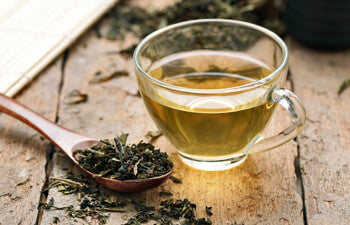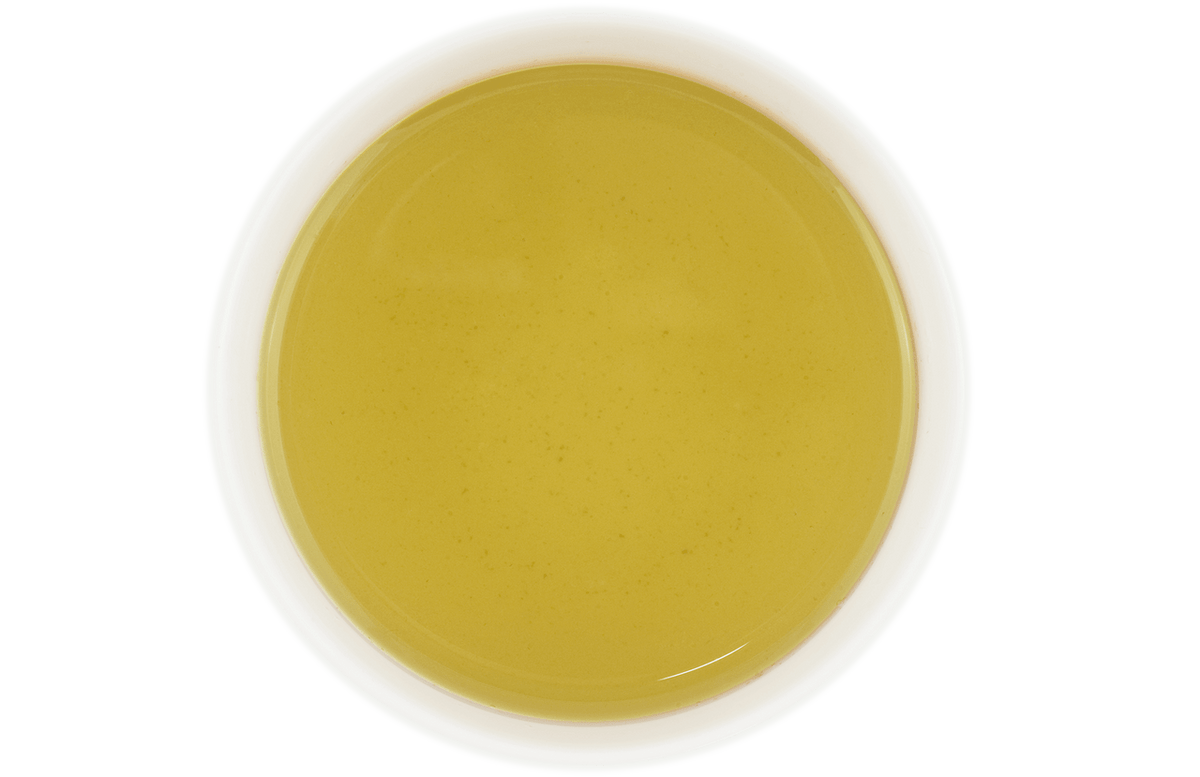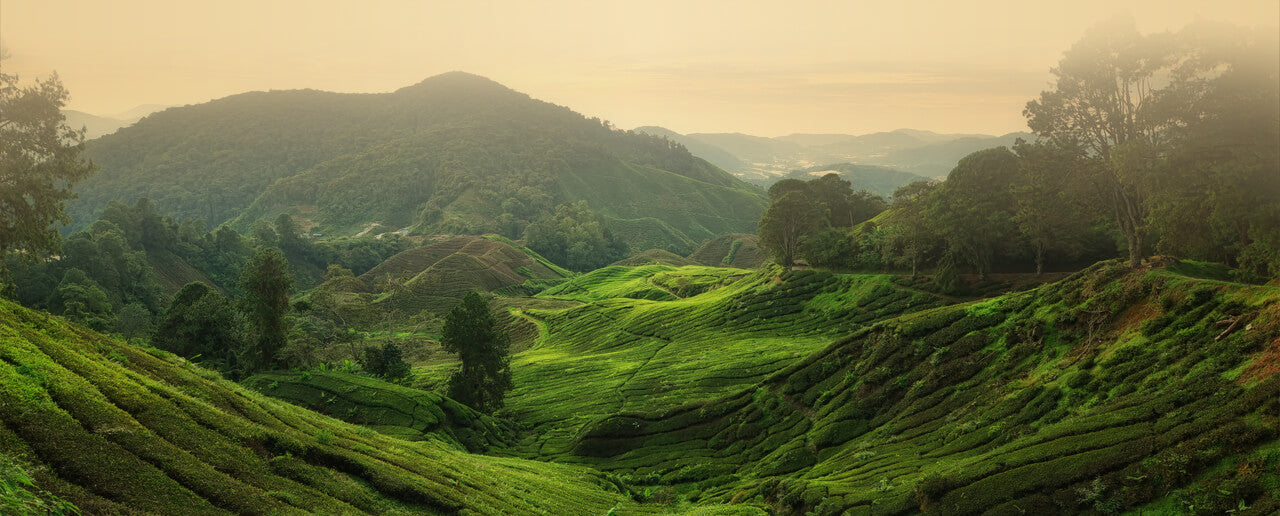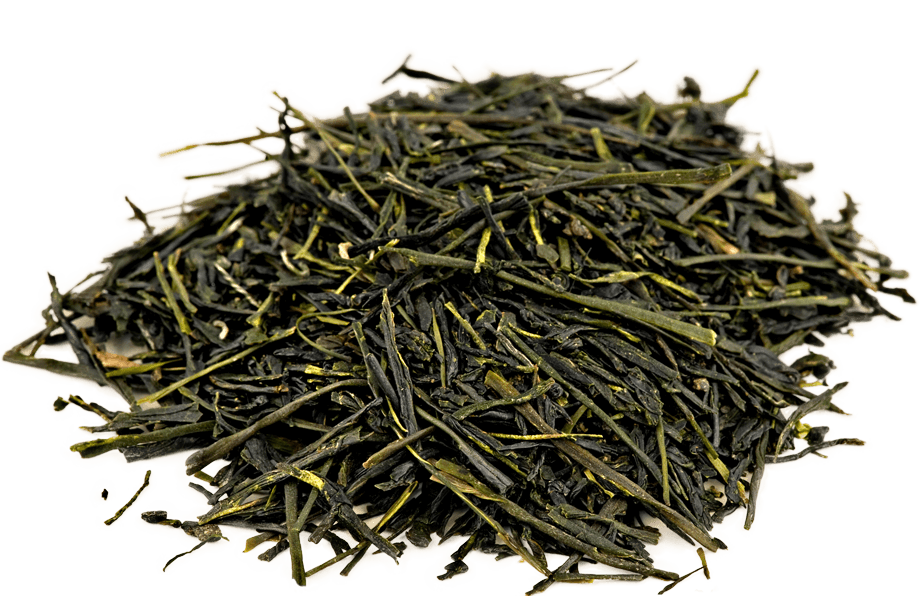
Organic Gyokuro Green Tea
Our organic Gyokuro (pronounced gyo-KUR-o) represents the pinnacle of organic Japanese green tea. Grown in the Kagoshima Prefecture of Japan, our Gyokuro is shaded prior to harvesting, which stresses the tea plant, resulting in a higher chlorophyll content. In the cup, this creates a fuller body and bolder vegetal quality. In addition, the light electric green infusion exhibits a sweet and nutty flavor that is smoother and less bitter than our organic Sencha. As is customary with most Japanese teas, our organic Gyokuro exhibits mixed grading consisting of both small and larger leaf pieces and very fine particles to create a full and brothy cup that, according to Japanese tea culture, creates a harmonious infusion revealing the full breadth of the leaf.
Brewing Gyokuro like any other green tea can produce a fantastic cup, no doubt, but the traditional method really highlights the beautiful umami qualities this tea is known for. We recommend steeping one teaspoon of Gyokuro in 8 oz of water heated to 158 degrees F (or lower) for only one minute. After that, steep one or two more times, extending the steeping time slightly with each subsequent infusion.
Ingredients: organic Japanese green tea
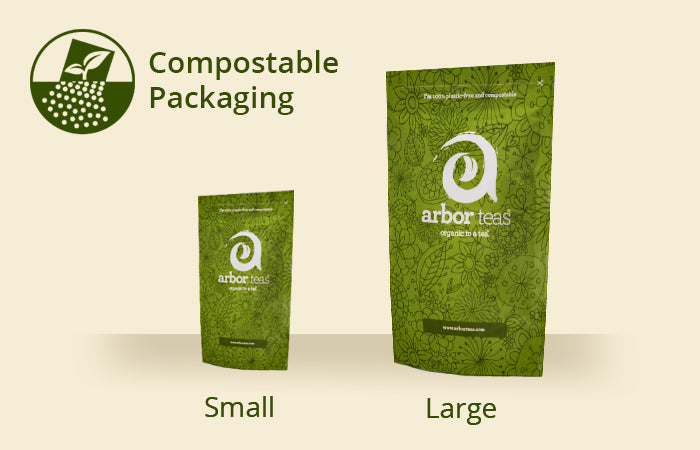
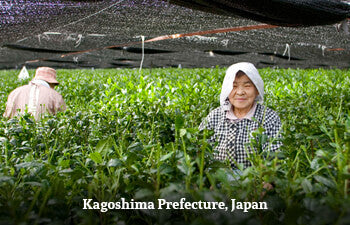
At Arbor Teas, we believe tea should be brewed to suit your personal taste. We’re happy to make recommendations to get you started, but don’t hesitate to experiment! When brewing your tea, your main considerations are tea quantity, water temperature, and steeping time. We recommend green and white teas to be steeped for 2 to 3 minutes in water heated to not-quite-boiling, just as bubbles begin to form on the bottom of the pan (approximately 170 to 180 degrees F). For the best flavor, use fresh water whenever possible. Try not to steep your tea longer than necessary, as you’ll extract undesirable bitterness from the leaves. If you want a stronger brew, don’t steep longer, just use more tea. And don’t forget to re-steep your tea leaves to get the most out of your leaf!
Looking for more info? Check out our How-To Guides and Eco-Brewing Tips!


Aubrey

Jeremy

Sarah
